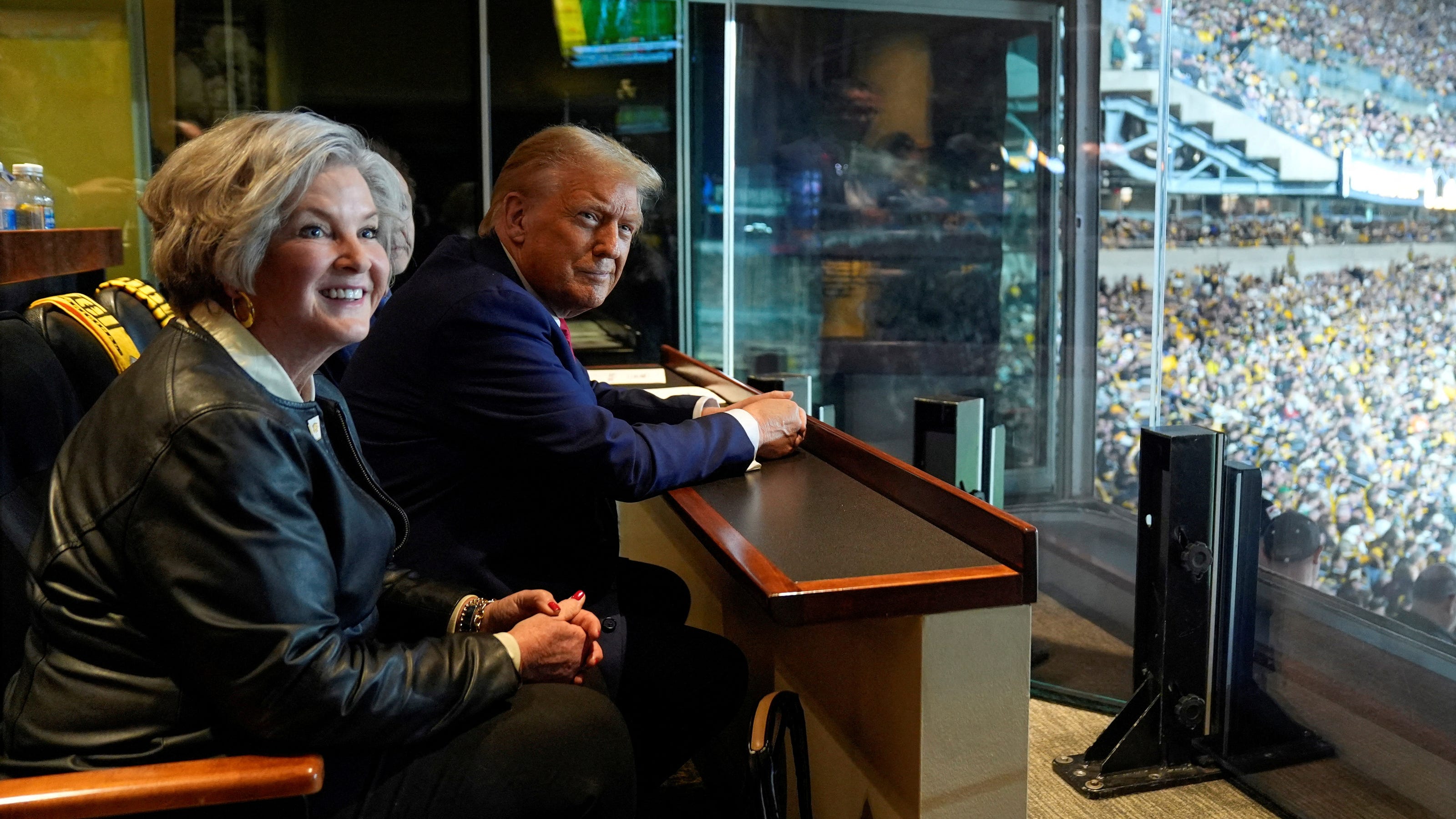The Impact Of Veterinary Watchdog Actions On Veterinarians

Table of Contents
Disciplinary Actions and Their Consequences
Veterinary watchdog investigations can lead to a range of disciplinary actions, each with potentially severe consequences for a veterinarian's career and livelihood. These actions often stem from complaints filed by clients, other professionals, or even regulatory bodies themselves.
License Revocation or Suspension
The most severe disciplinary action a veterinary board can take is the revocation or suspension of a veterinarian's license. This process typically involves a formal investigation, a hearing, and a final decision based on the evidence presented. Offenses leading to such drastic measures often include malpractice, negligence resulting in animal harm or death, fraudulent billing practices, substance abuse impacting professional competence, or violations of animal welfare regulations.
- Financial ruin: Loss of income, difficulty securing new employment, and substantial legal fees can lead to significant financial hardship.
- Reputational damage: A revoked or suspended license severely damages a veterinarian's professional reputation, making it nearly impossible to rebuild their career.
- Inability to practice: The most obvious consequence is the complete loss of the ability to practice veterinary medicine legally.
Fines and Sanctions
Beyond license revocation, veterinary boards can impose substantial fines and other sanctions. The amount of the fine varies depending on the severity of the offense and the veterinarian's history. Even seemingly minor infractions can result in significant financial penalties.
- Impact on practice profitability: Large fines can severely impact a veterinary practice's profitability, potentially leading to financial instability or closure.
- Potential legal fees: Fighting disciplinary actions often involves substantial legal fees, adding further financial strain on the veterinarian.
Mandatory Continuing Education
In some cases, veterinary watchdog actions may result in a mandate for additional continuing education or professional development courses. While intended to improve competency, this can place additional burdens on veterinarians.
- Added financial burden: The cost of these courses can add to the financial strain already caused by the investigation.
- Time away from practice: The time required to complete these courses takes away from valuable time spent providing care to animals and managing the practice.
Reputational Damage and Public Perception
The impact of veterinary watchdog actions extends far beyond formal disciplinary measures. Negative publicity and public perception play a crucial role in shaping a veterinarian's career trajectory.
Negative Publicity and Online Reviews
Negative news coverage, whether from local media or online publications, can severely damage a veterinarian's reputation. Similarly, negative online reviews can significantly impact a practice's ability to attract new clients. Proactive reputation management is key.
- Loss of clients: Existing clients may lose trust and seek alternative veterinary services.
- Difficulty attracting new clients: Negative reviews can deter potential clients from choosing the practice.
- Damage to professional credibility: Negative publicity can severely impact a veterinarian's ability to maintain professional relationships and secure referrals.
Impact on Professional Relationships
Disciplinary actions or negative publicity resulting from veterinary watchdog actions can strain relationships with colleagues, referral sources, and other professionals within the veterinary community.
- Damaged trust: Colleagues may hesitate to refer clients or collaborate with a veterinarian facing reputational challenges.
- Loss of referrals: Reduced referrals can significantly impact a practice's client base and financial stability.
- Decreased professional opportunities: Reputational damage can limit future career advancement opportunities.
Proactive Measures and Best Practices
The best defense against the negative impacts of veterinary watchdog actions is a proactive approach to practice management and risk mitigation.
Maintaining Accurate Records and Documentation
Meticulous record-keeping is paramount in avoiding potential investigations. Comprehensive and accurate documentation serves as a strong defense against accusations of malpractice or negligence.
- Detailed client communication logs: Maintain detailed records of all interactions with clients, including phone calls, emails, and in-person consultations.
- Thorough treatment records: Ensure complete and accurate records of all diagnostic tests, treatments, and patient outcomes.
- Proper medication documentation: Maintain accurate records of all medications prescribed, including dosage, frequency, and administration route.
Professional Liability Insurance
Professional liability insurance, also known as malpractice insurance, is crucial for mitigating the financial impact of investigations and potential lawsuits.
- Coverage for legal fees: Insurance can cover the substantial costs associated with legal representation during an investigation.
- Settlements and judgments: Insurance provides coverage for financial settlements or judgments awarded in lawsuits.
Staying Updated on Regulations and Best Practices
The veterinary profession is constantly evolving, with new regulations and best practices regularly introduced. Staying current is essential for compliance and ethical practice.
- Membership in professional veterinary associations: Active participation in professional organizations provides access to updated information and resources.
- Regular review of ethical guidelines: Familiarize yourself with and adhere to the ethical guidelines established by your professional association and regulatory bodies.
Conclusion
Veterinary watchdog actions can have significant and far-reaching consequences for veterinarians. Understanding the potential impact of disciplinary actions, reputational damage, and the importance of proactive measures is crucial for maintaining a successful and ethical veterinary practice. By implementing best practices, maintaining comprehensive records, and investing in professional liability insurance, veterinarians can significantly reduce their risk and protect their professional future. Learn more about mitigating the impact of veterinary watchdog actions and safeguard your career today. Take control of your professional reputation and ensure the well-being of your practice. Don't wait; proactively address potential issues related to veterinary watchdog actions now.

Featured Posts
-
 Exploring The Boundaries Of Ai Learning Promoting Responsible Ai Innovation
May 31, 2025
Exploring The Boundaries Of Ai Learning Promoting Responsible Ai Innovation
May 31, 2025 -
 Canadian Wildfire Smokes Impact On New York Air Quality A 3 C Temperature Decrease And Toxic Air Findings
May 31, 2025
Canadian Wildfire Smokes Impact On New York Air Quality A 3 C Temperature Decrease And Toxic Air Findings
May 31, 2025 -
 Duncan Bannatynes Strong Stance No Men Allowed In Womens Changing Rooms After Supreme Court Ruling
May 31, 2025
Duncan Bannatynes Strong Stance No Men Allowed In Womens Changing Rooms After Supreme Court Ruling
May 31, 2025 -
 Exclusive Report Federal Probe Into White House Chief Of Staff Impersonation
May 31, 2025
Exclusive Report Federal Probe Into White House Chief Of Staff Impersonation
May 31, 2025 -
 Federal Probe Impersonating White House Chief Of Staff Susie Wiles
May 31, 2025
Federal Probe Impersonating White House Chief Of Staff Susie Wiles
May 31, 2025
